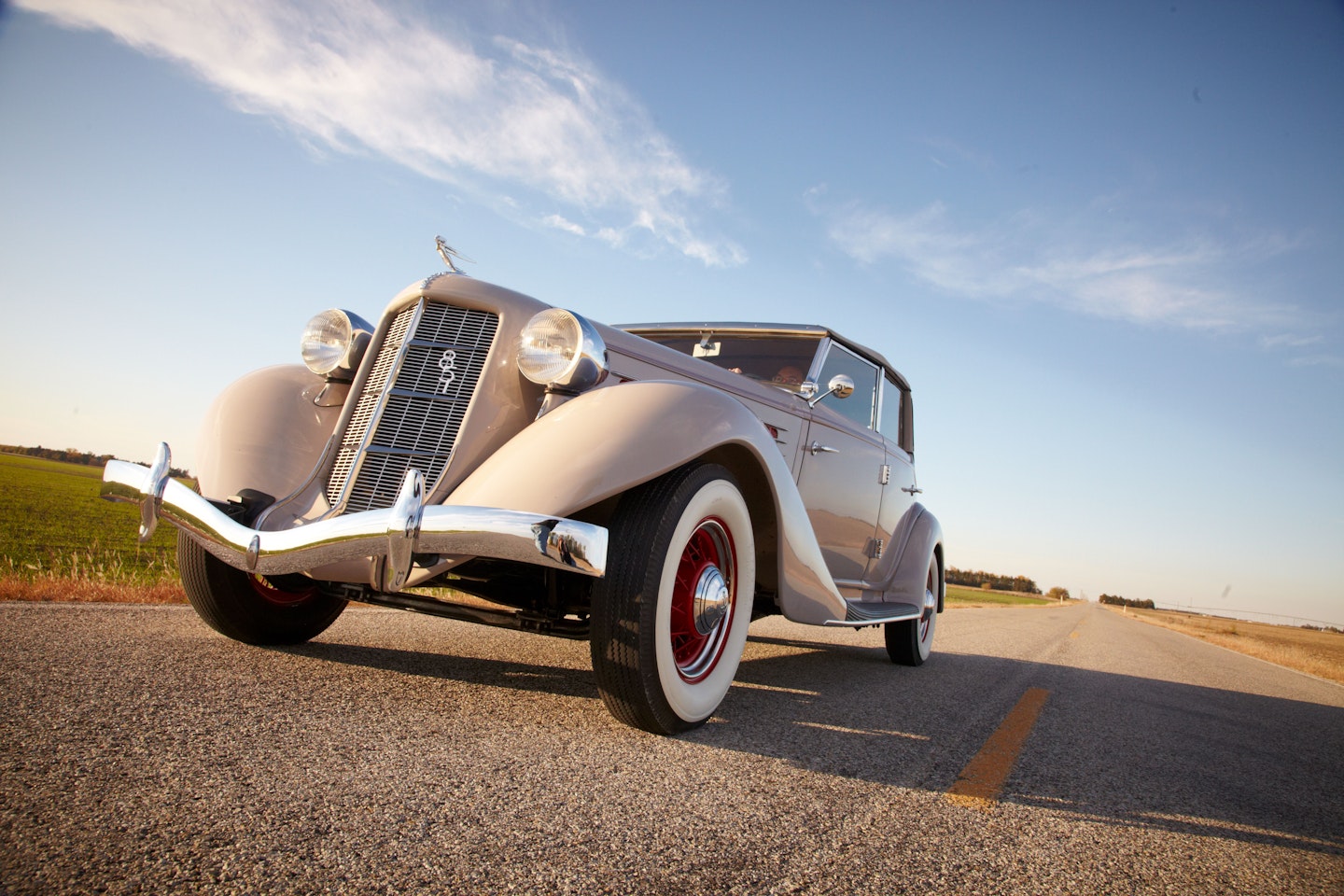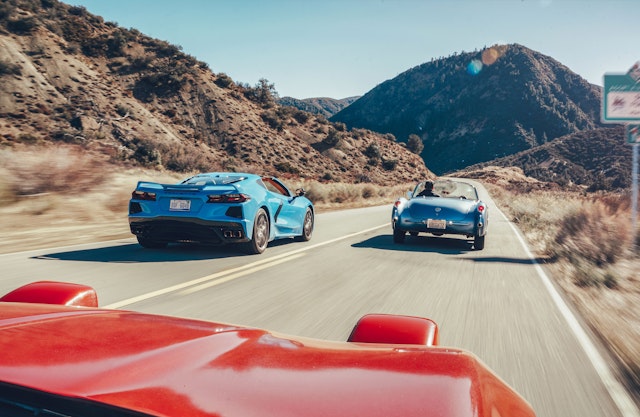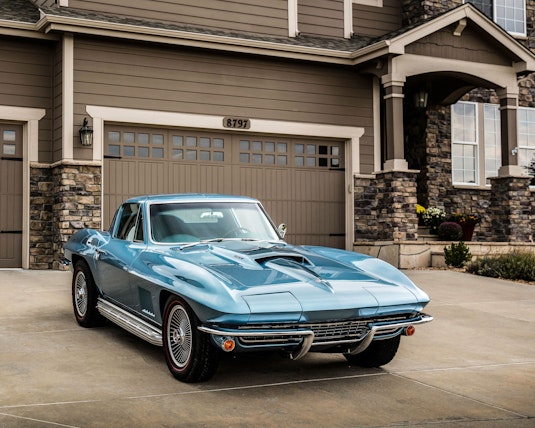Financing a Collector Car

Have your heart set on a car to buy… but your wallet’s telling a different story?
It’s true, most collector car owners pay cash for their vehicles. After all, we should be able to use disposable income to satisfy our dreams of classic car ownership. In fact, of the million or so cars insured by Hagerty, fewer than 3% have been purchased through loans.
If cash isn’t an option, however, there are opportunities available to finance classic cars–or even take loans against existing collections.
Should I Finance My Classic Car?
Why would you ever want to finance your car purchase? Here are a few good reasons:
- That special car you’ve always wanted suddenly appears, but cash is tight at the time
- If there’s a chance to pick up a car that’s priced right or maybe appreciating substantially
- You want to conserve cash for other purposes–for example, if you want to buy a car but keep cash handy for some restoration work, or even that future kitchen remodel on your home. (Of the two, we’d earmark it for the restoration, but that’s just us.)
Unless you’re a dealer, few people buy classic cars as investments because the returns can be rather unpredictable. Hagerty always recommends buying a car for enjoyment, and if it happens to gain in value while you own it, all the better. But it’s fair to say that collector cars, by definition, are past the bottom of the depreciation curve.
Many of us buy them because we can have fun, try something new, live out a dream, but we’re still likely able to sell the car without much of a loss if any. Meanwhile, nearly everyone finances their new cars and that’s a depreciating asset, so they pay interest on top of depreciation. So really, which car makes more sense to finance?
What about a car or a collection you already own? Not many of us are fortunate enough to own multi-million dollar collections. In some cases, these cars have been owned for many years and were bought for relatively modest sums. (Oh, to have bought that Mercedes-Benz 300SL out of the back of Road and Track back in 1972… but we digress.)

Selling Your Classic Car
It’s possible you have a tremendous amount of wealth tied up in vehicles you don’t want to sell, yet you have a need for cash. You may want to expand your collection, restore the car, or just need money for other purposes entirely. Of course, there are some obvious downsides to selling the car:
- First and foremost, you would no longer have your car to enjoy
- There may be capital gains taxes due on the sale
- You believe there is more appreciation to come in the future and you want to keep the car in the family
- The collection’s value may have estate tax implications
While still a young market, there are banks offering collateralized loans on large collections. These are typically available for collections over $1 million in value, but options do exist for less valuable vehicles as well.
Here are a few of the loan providers that can help you buy a car.
Vehicle Appraisal for your Classic Car
Before providing you with classic car financing, lenders may ask for an appraisal to determine the value of your prospective classic car. Our Hagerty Valuation Tools will give you an idea of what the vehicle is worth, or you can find an appraiser near your area for an expert opinion. Additionally, HVT features everything from car values, classic truck values, vintage motorcycle values, antique boat values, and more!
Classic Car Loan Options
Hobby-Specific Financing
This is a newer option for someone wishing to buy an antique, classic or collectible vehicle. The loan representatives understand the collector car market and interest rates tend to be low, making this option affordable.
Personal Loans
You may get this type of loan with good credit however many are capped at $5,000 which may not be the best for securing a classic car.
Home Equity Loans
These loans have grown in popularity because of their low-interest rates, however, thought needs to be put into the risk of a lien on your home to buy a classic car.
Local Banks
Banks can approve your loan but they may not understand the full extent of the difference between a used and classic car. Also, high-interest rates are usual with this type of classic car loan.
If you’re interested in taking out a collateralized loan on an existing collection of $500,000 or more, read more here!
